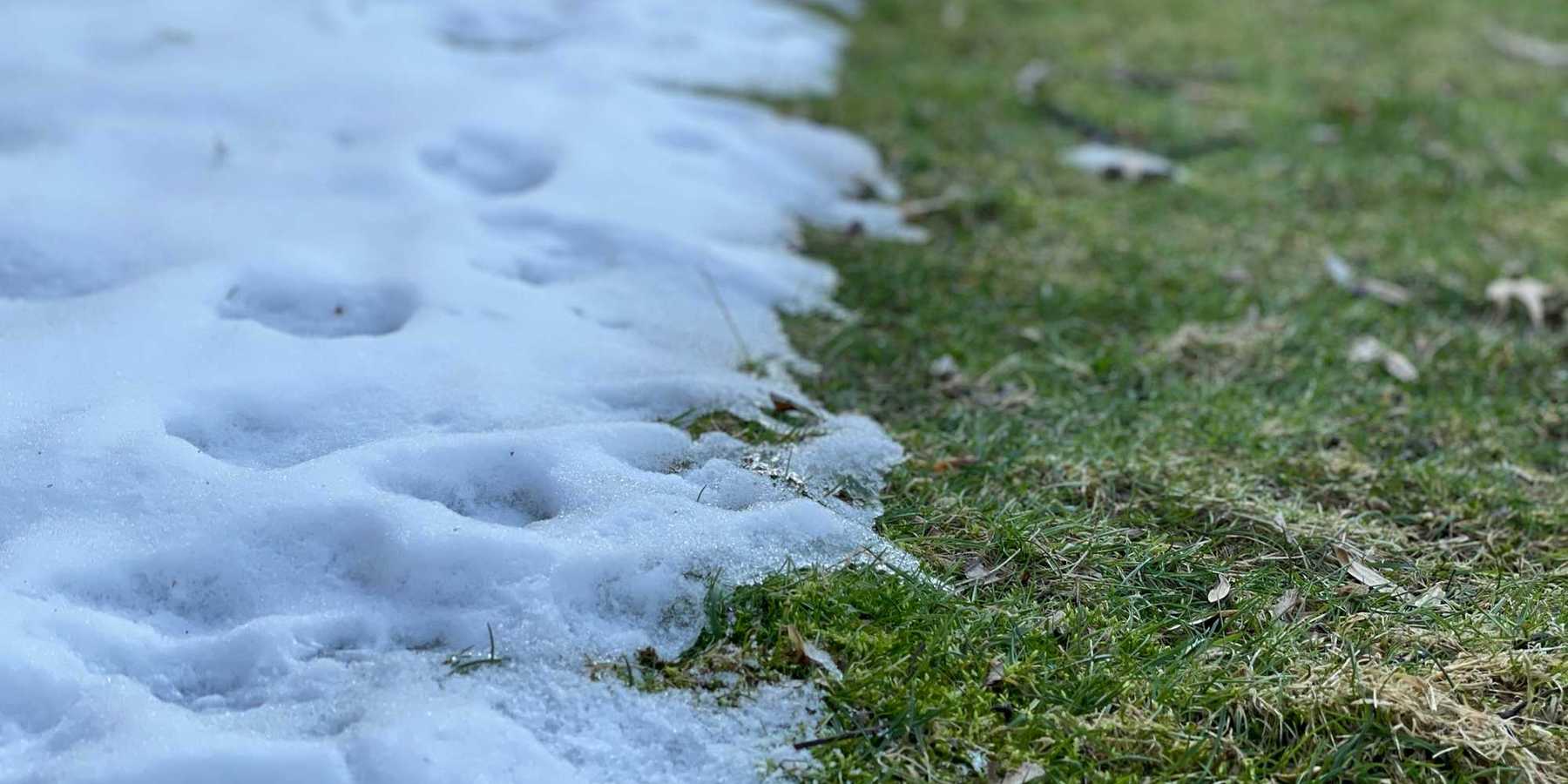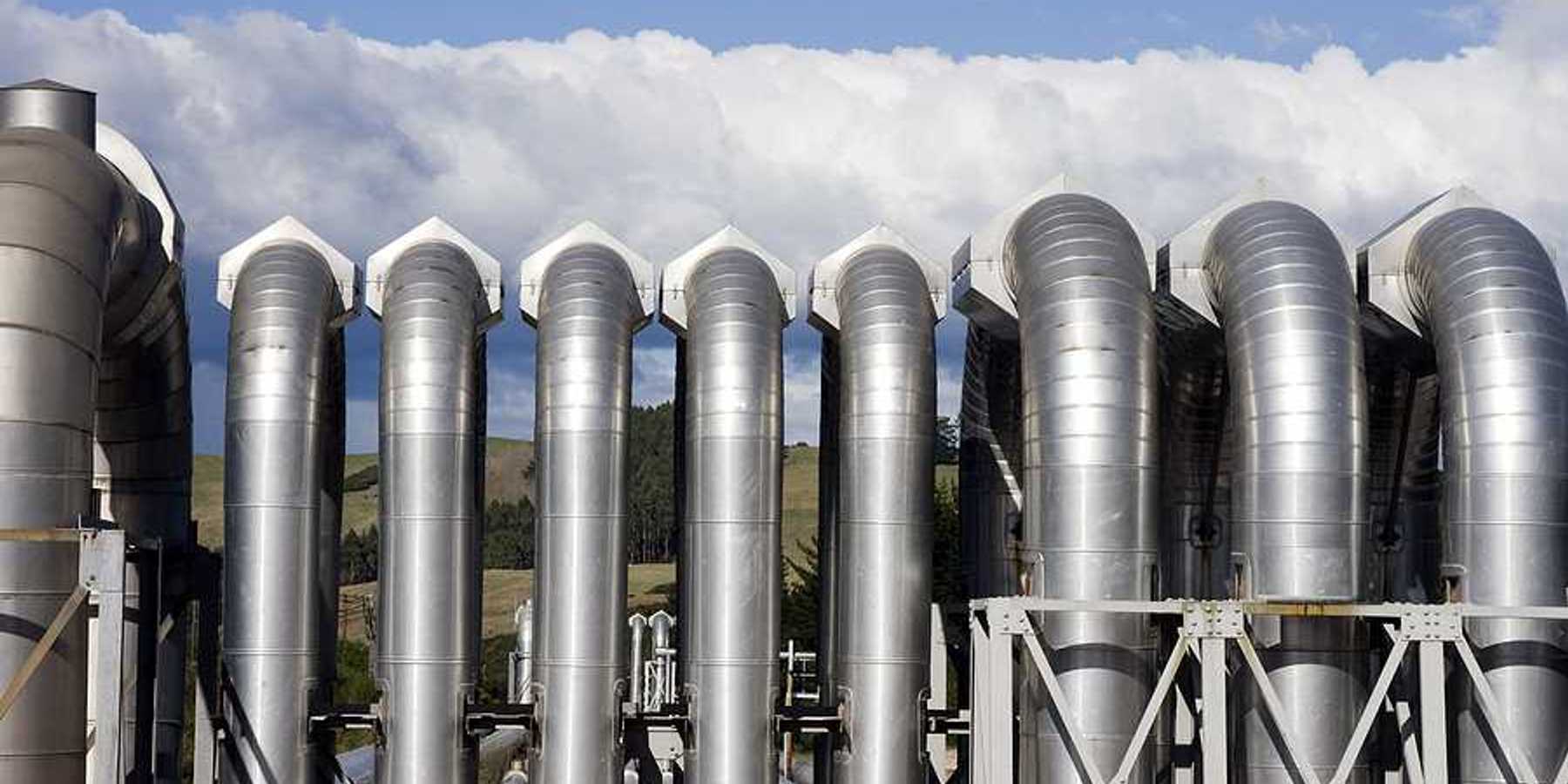08 April 2024
Eclipse puts US power grid to the test
As the U.S. prepares for a solar eclipse on April 8, the event poses a unique challenge for the nation's solar-powered energy grid, potentially affecting millions.
In short:
- The eclipse will dramatically reduce solar power production across a wide swath of the US, impacting areas with a combined population exceeding 31 million.
- Power grid operators have planned meticulously to manage the sudden drop and subsequent surge in solar energy, ensuring a steady electricity supply.
- The situation is particularly critical in Texas, where recent hail storms damaged solar installations, adding another layer of complexity to managing the grid during the eclipse.
Key quote:
"ERCOT has analyzed the ramping challenges posed by the eclipse and will continue to monitor this aspect of the eclipse as updated weather forecasts are received."
— ERCOT spokesperson
Why this matters:
For solar-dependent regions, eclipses serve as a reminder of the variability of renewable energy sources and the importance of having a diverse energy portfolio. Despite the temporary disruption, solar eclipses are predictable events, allowing for advance planning to mitigate their impact on solar power generation.













